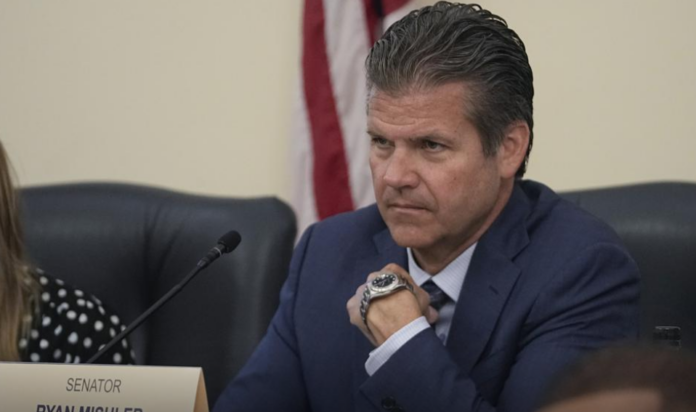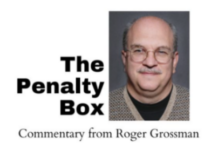
INDIANAPOLIS (AP) — Republican legislators are poised to direct only about two-thirds of the money that Indiana Gov. Eric Holcomb sought toward tackling the state’s poor national rankings in areas such as obesity, smoking and life expectancy and improving local emergency services.
Budget plans endorsed by House and Senate members would make up to $225 million available for counties taking the optional step of expanding public health programs over the next two years. While that is a major boost from the current $7 million in annual state funding, Holcomb requested nearly $350 million from the new state budget that the Republican-dominated Legislature will vote on later this week.
Republican former state Sen. Luke Kenley, who was co-chairman of a Holcomb-appointed commission on public health, said Monday that he still hoped lawmakers would approve about $15 million in additional specific funding aimed toward training and equipment for emergency medical service providers in rural counties. Kenley said he knew it was a “big ask” to get such a large increase for public health spending.
“It’s enough to get us going on a pretty big project,” Kenley said.
House and Senate negotiators continued working behind closed doors Monday on a budget deal after an updated tax revenue report released last week showed the state is projected to collect about $1.5 billion, or 2.5%, more than previously expected through July 2025.
Those projections, however, were unlikely to mean more money for the public health expansion that has faced hesitancy among the Legislature’s most conservative members and some opposition among voters with grievances over government-ordered COVID-19 precautions who said they feared creeping state authority over local health agencies.
“That’s more than just the funding,” Republican Senate Appropriations Committee Chairman Ryan Mishler of Mishawaka said last week. “I think you have a lot of members that just have some issues with the (expansion) itself. So that’ll be a tougher one, probably, to increase the funding.”
Republican House Speaker Todd Huston called the $225 million included in the budget proposals “an historic investment” and said it would likely remain near that level in the final budget deal.
Holcomb’s original budget request would have directed $300 million over the next two years toward boosting Indiana’s county public health department funding from its current 45th national ranking. Those county health departments are now primarily funded by local taxes.
The governor’s public health commission had sought a $240 million annual boost to lift funding for county public health departments to the national average, but Holcomb said time was needed to “build the structure” for expanded health programs.
Holcomb made the public health expansion one of his top priorities for the new state budget, saying during his State of the State speech in January that Indiana’s poor health rankings were “a pattern we need to reverse.” The governor’s office declined to specifically comment on the negotiations over the public health spending increase.




